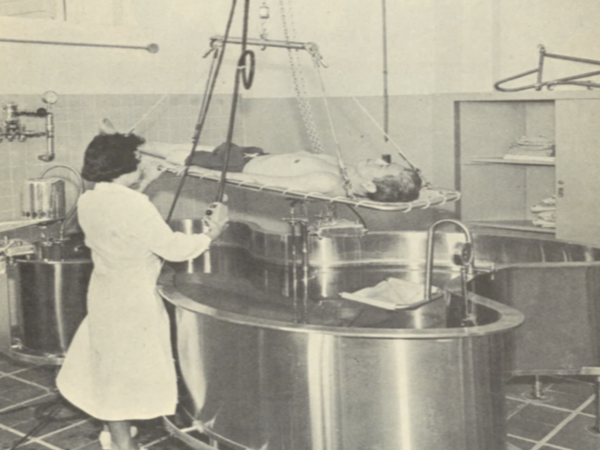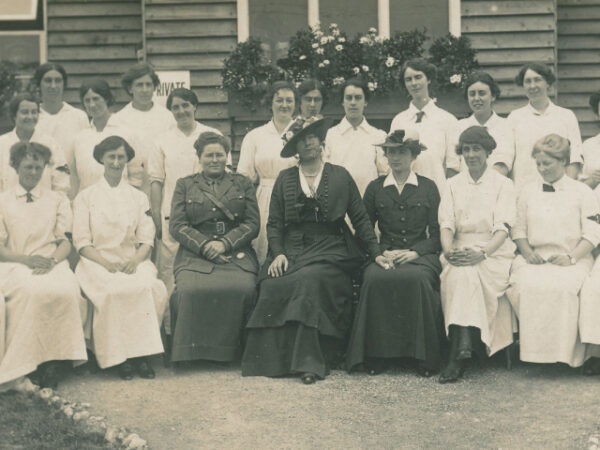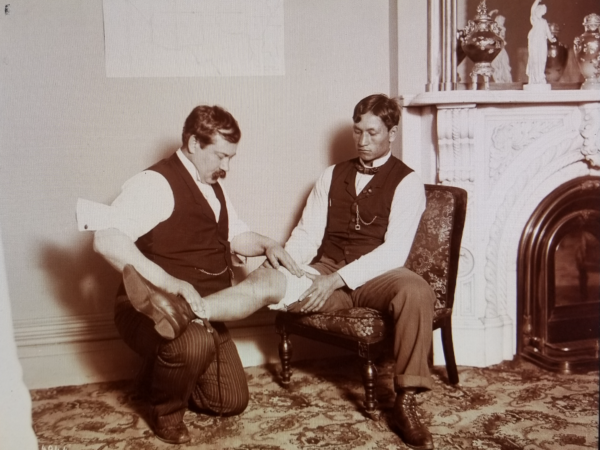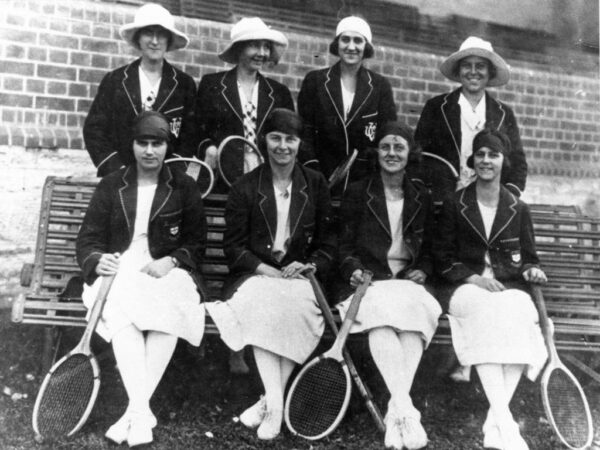Tag: physiotherapy

Goniometer: An Instrumental Revolution in the Transition from Profession to Physiotherapy Science
The goniometer, as a fundamental measurement tools in physiotherapy, has played a pivotal role in transforming the field from a manual profession into a scientifically grounded discipline. Its application has enabled the objectification of therapeutic procedures through quantitative assessment of the range of motion, thereby opening the door to systematic …

Rosalind Paget: An Historical Overview and Appreciation, Part 2
Rosalind Paget was one of the original four founders of the Society of Trained Masseuses which later became the Incorporated Society of Trained Masseuses, in 1920 the Chartered Society of Massage and Medical Gymnastics and ultimately, in 1944 the Chartered Society of Physiotherapy. She was the first Chair of Council …

Rosalind Paget: An Historical Overview and Appreciation, Part 1
Rosalind Paget was one of the original four founders of the Society of Trained Masseuses which later became the Incorporated Society of Trained Masseuses, in 1920 the Chartered Society of Massage and Medical Gymnastics, and ultimately, in 1944 the Chartered Society of Physiotherapy. She was the first Chair of Council …

The Mexican Rehabilitation Institute, 1960 – 1983
The Mexican Rehabilitation Institute was founded in 1960 in Mexico City; responding to the social need for comprehensive rehabilitation for people with motor disabilities. The Institute was established as a civil society, receiving contributions from the Mexican government, private companies, and the Mary Street Jenkins Foundation. It became one of …

Angel of Summerdown: Physiotherapy’s Forgotten Benefactor
This story begins with the unusually named Almeric Paget Massage Corps. Located in the United Kingdom, the Corps was formed to serve in the First World War. It was the forerunner of physiotherapy services for wounded servicemen; and its’ success significantly boosted the profession by raising practitioner numbers, and their …

Embracing Bias in Physiotherapy History
Modern medical research dictates that studies with a potential for bias be identified and excluded from a systematic review. Historical research approaches dictate the opposite. The more bias that is present in a study, the more it has the potential to indicate likely reasons, and political or social causes and …

Careers for Girls
In 1927 ‘The News’ newspaper in Adelaide, South Australia ran a weekly series of articles on their Woman’s page exploring suitable careers for girls; “a problem which at times confronts the parents of daughters”. The newspaper obtained the information for the article from an un-named “authority in the occupation”. The …

Bombed
Over 40,000 Londoners died in the bombing ‘blitz’ of World War II. Australian physiotherapist Barbara Thomas, aged 32, was amongst the first and her tragic death prematurely curtailed a remarkable career. Barbara Mortimer Thomas was the daughter of Nehemiah James Thomas and Jane Emily Nora Clapcott. She was born in …

History of the Word Physiotherapy
The International Physiotherapy History Association is pleased to announce that it has published an editorial in the journal Physiotherapy Theory and Practice. This editorial, titled “Physiotherapy: The history behind the word”, explores how the current profession, having evolved from a series of disconnected practices (such as manipulation, gymnastics, massage, hydrotherapy, …

Physiotherapy First
The phrase, “Physiotherapy First” could be interpreted as a call-to-action to prioritize physical treatments over pharmacotherapy and surgery. Use of the phrase is likely presumed to reflect the modern physiotherapy profession’s progression into primary care, the growing physiotherapy research base of high value care, and the concomitant confidence accompanying them. …
